
It’s not just humans that benefit from antioxidants in their diet, animals do too. Like humans, your pet can suffer from the damaging effects of free radicals so notoriously linked to aging and disease. Antioxidants neutralize these hazardous molecules, and as such serve as potent protectors of the body. Food is an essential source of these key players in our defense system with numerous vitamins, minerals and enzymes having antioxidant properties. Common examples include vitamins A, C and E, selenium and zinc, carotenoids, flavonoids and coenzyme Q10.
Sadly, processed commercial pet foods can be deficient in these active compounds, as well as devoid of live enzymes which also greatly serve the health of your pet. Homemade, raw food diets can provide a healthy dose of antioxidants for your dog and cat. If embarking on a homemade raw food diet, thoroughly research the area first as nutritional balance is essential.
Vegetables and some fruit in your dog’s diet and a small quantity of such in your cat’s diet can provide many of these active compounds. Dogs can eat up to around 30% plant foods in their daily meal and are not obligatory carnivores like felines. Cats require only a very small proportion of plant foods in their diet, around 5-10%. With both dogs and cats, be sure to blend veggies well as they do not readily digest cellulose, and in the wild would have consumed the partially broken down plant foods in the guts of their prey.
Vegetables and fruits particularly high in antioxidants include broccoli, spinach, avocado, peas, blueberries and apples. Other veggie options for your pet’s diet include chard, kale, squash, watercress, carrots, cabbage, celery, beetroots, green beans, sweet potato, cauliflower and asparagus. Use a range of vegetables and always include something green. Seeds provide antioxidant minerals such as selenium (particularly high in Braxil nuts) and zinc (high in pumpkin and sesame seeds for example). They are also rich in healthy oils and vitamin E. One nut or a few seeds a day is adequate for larger dogs, one every few days or so for cats and smaller dogs.
As a note, raw onions are not friendly on your pet’s digestive system so are best avoided. I also avoid tomatoes, peppers, cucumber and potato. Garlic is not good for cats, though small amounts occasionally in your dog’s diet may serve as a natural flea repellent.
Vitamin E is a potent antioxidant and valuable addition to both your dog and cats diet (always research dosage amounts before using supplements), with powerful anti-aging and disease-preventive properties. Vitamin C, however, is questionable for use as a supplement. Where many agree it is not appropriate for a cat’s diet (since they manufacture vitamin C from glucose in their small intestine), there is still debate around whether it is beneficial as a dietary supplement for dogs. Many argue it is health-promoting, where others claim dogs can synthesize vitamin C in their liver and any extra can lead to kidney and liver damage.
Dogs can convert the beta-carotene in vegetables into vitamin A, another immune boosting antioxidant. Cats, however, cannot synthesize vitamin A from plant foods and must acquire this vitamin from animal sources in their diet such as liver.
Recent evidence for the importance of antioxidants in your pet’s diet comes from a study on dogs at the University of Toronto by Dr. Dwight Tapp and colleagues (2005) who found that ‘old dogs that were on an antioxidant diet performed better on a variety of cognitive tests than dogs that were not on the diet. In fact, the dogs eating antioxidant-fortified foods performed as well as young animals’.
Other research by Dr. Rabinovitch and his team studying aging at the University of Washington, Seattle (published in the International Journal of Food Sciences and Nutrition, 2004), found that mice engineered to produce high levels of an antioxidant enzyme (catalase) lived 20 per cent longer and had less heart and other age-related diseases than controls. In light of the role antioxidants play in combating aging and disease, it is important to ensure your pet’s diet includes a healthy dose of these protective agents.
Copyright 2006 Sylvia Riley
The Natural Nutrition Guide for Dogs and Cats:
http://www.natural-nutrition-guide.com
Ultimate Superfoods for Health, Beauty and Longevity:
http://www.miracle-superfoods.com
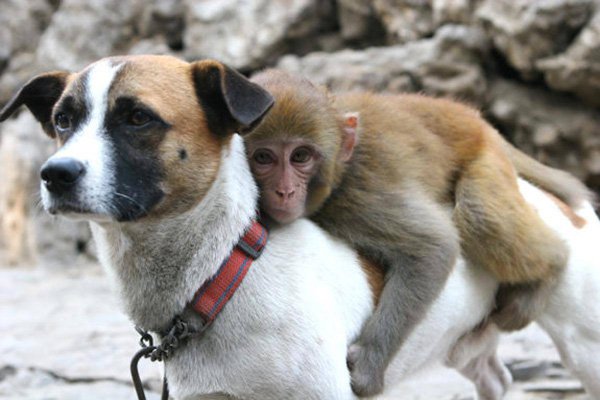 What are the Benefits of Getting Dog Kennels and Grooming Services?
What are the Benefits of Getting Dog Kennels and Grooming Services?
 What To Do If Your Dog Refuses To Go Out To Toilet In The Rain
What To Do If Your Dog Refuses To Go Out To Toilet In The Rain
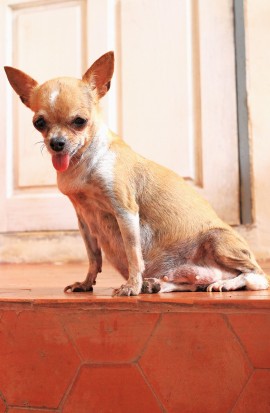 What Changes Will You Notice In Your Dog When She Is Pregnant?
What Changes Will You Notice In Your Dog When She Is Pregnant?
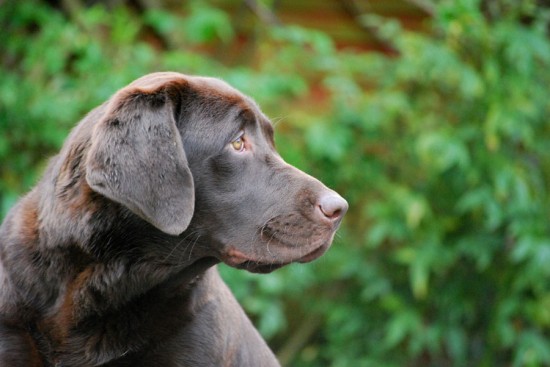 Liver Conditions In Cats And Dogs
Liver Conditions In Cats And Dogs
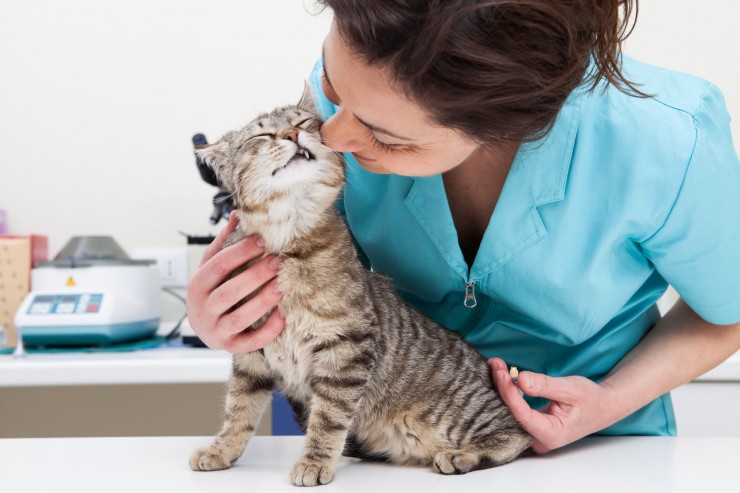 Are Vaccination For Life Schemes Good Value For Money?
Are Vaccination For Life Schemes Good Value For Money?
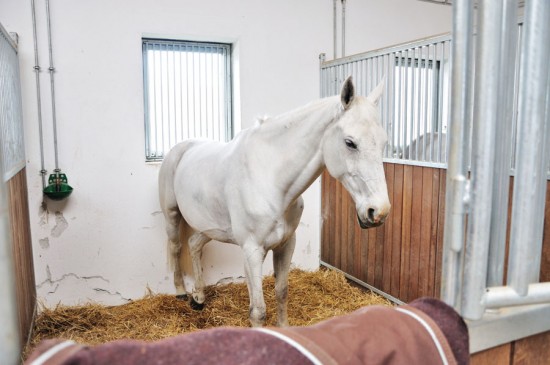 Stabling Your Horse
Stabling Your Horse
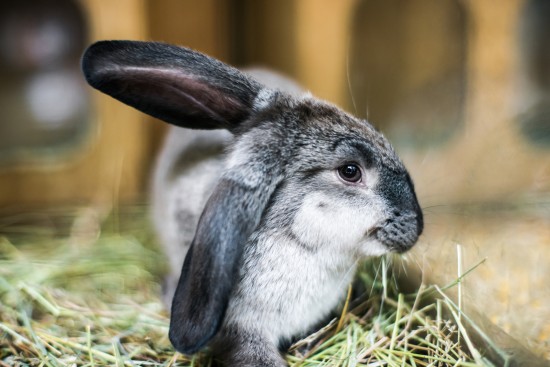 Understanding Rabbit Behaviour
Understanding Rab
Understanding Rabbit Behaviour
Understanding Rab
 How To Raise Two Dogs Together And Manage Their Respective Traits
How To Raise Two
How To Raise Two Dogs Together And Manage Their Respective Traits
How To Raise Two
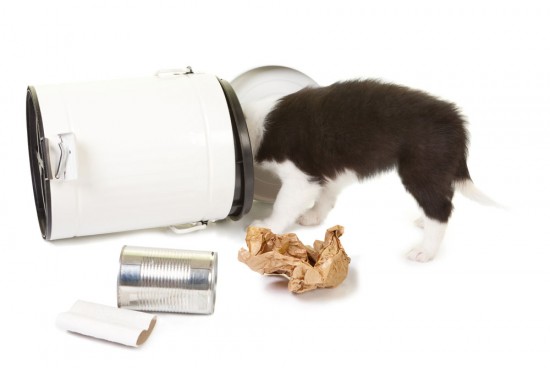 Help! My Dog Won’t Stay Out Of The Bin!
Help! My Dog Won’
Help! My Dog Won’t Stay Out Of The Bin!
Help! My Dog Won’
 How To Trained and Make The German shepherd Friendly
How To Trained and Make The German shepherd Friendly
How To Trained and Make The German shepherd Friendly
How To Trained and Make The German shepherd Friendly
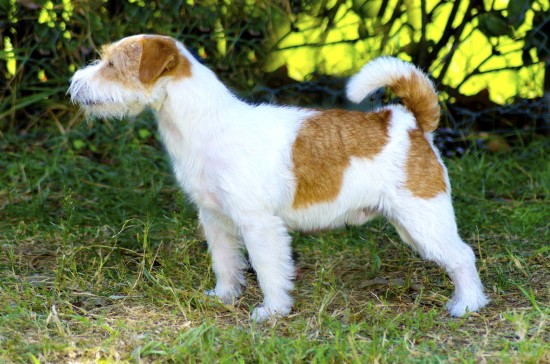 Jack Russell Colours And Coat Types
Jack Russell Colo
Jack Russell Colours And Coat Types
Jack Russell Colo
Copyright © 2005-2016 Pet Information All Rights Reserved
Contact us: www162date@outlook.com